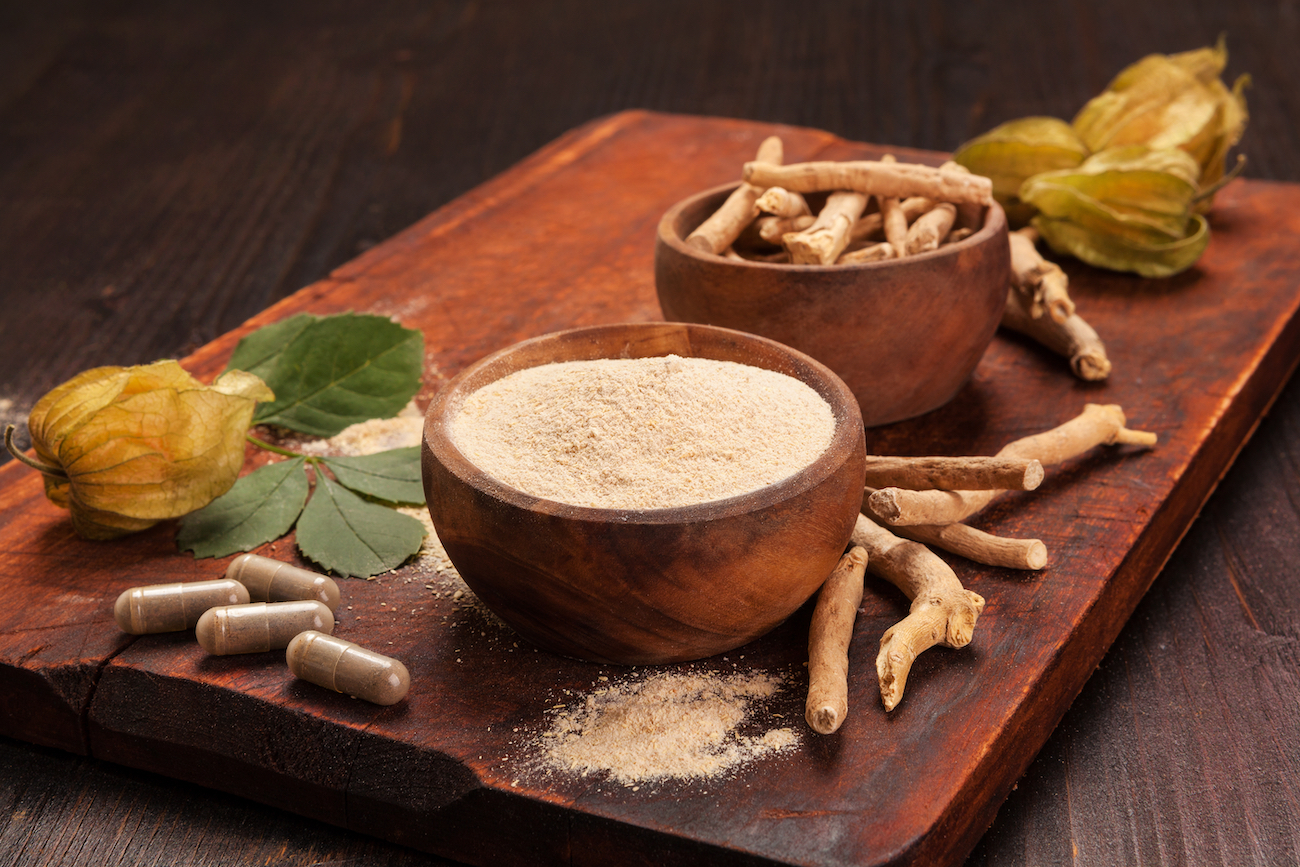Heart Palpitations: Is Your Ashwagandha Supplement the Culprit?
Ashwagandha, a cornerstone of Ayurvedic medicine, has surged in popularity as a natural remedy for stress, anxiety, and overall well-being. But as more people incorporate this adaptogenic herb into their daily routines, a common concern emerges: heart palpitations. Are these fluttering, racing, or pounding sensations in your chest a side effect of your ashwagandha supplement? This article delves into the potential link, exploring the science, the risks, and what you can do if you experience heart palpitations after taking ashwagandha.
Understanding Heart Palpitations
Before we examine the connection to ashwagandha, it’s crucial to understand what heart palpitations are. They are essentially the sensation of your heart beating in an irregular or unusual way. These sensations can manifest in various ways:
- Racing heartbeat: Feeling your heart beat very quickly.
- Skipped beats: A momentary pause or a feeling of your heart “flipping” or “flopping.”
- Pounding or throbbing: A strong, forceful heartbeat.
- Fluttering: A rapid, irregular fluttering sensation in the chest.
Heart palpitations can be triggered by various factors, ranging from harmless lifestyle choices to underlying medical conditions. Common causes include:
- Stress and anxiety: Elevated stress hormones can affect heart rate.
- Caffeine and stimulants: These substances can increase heart rate.
- Dehydration: Can contribute to electrolyte imbalances that affect heart rhythm.
- Certain medications: Some prescription and over-the-counter drugs can cause palpitations.
- Medical conditions: Thyroid issues, heart conditions, and electrolyte imbalances can be contributing factors.
Ashwagandha and the Potential for Heart Palpitations
While ashwagandha is generally considered safe for most people, there’s growing anecdotal evidence, and limited scientific research, suggesting a potential link between its use and heart palpitations. Here’s what we know:
- Thyroid Hormone Influence: Ashwagandha can influence thyroid hormone levels. While it can be beneficial for those with underactive thyroids (hypothyroidism), it could potentially exacerbate hyperthyroidism (overactive thyroid), which is known to cause heart palpitations.
- Stimulatory Effects (In some individuals): Although ashwagandha is often used for relaxation, some individuals report feeling stimulated after taking it. This stimulation can sometimes lead to an increased heart rate and, consequently, palpitations.
- Interactions with Medications: Ashwagandha can interact with certain medications, including those for blood pressure and thyroid conditions. These interactions may potentially impact heart rhythm.
- Individual Sensitivity: Everyone responds differently to supplements. Some individuals may be more sensitive to ashwagandha and experience side effects like palpitations, even at recommended dosages.
Important Note: It’s crucial to emphasize that research on ashwagandha and heart palpitations is limited and inconclusive. The link is primarily based on anecdotal reports and theoretical mechanisms.
What to Do If You Experience Heart Palpitations While Taking Ashwagandha
If you suspect your ashwagandha supplement is causing heart palpitations, take the following steps:
- Stop Taking Ashwagandha: Discontinue use immediately to see if the palpitations subside.
- Consult Your Doctor: Schedule an appointment with your doctor or cardiologist. They can evaluate your symptoms, conduct necessary tests (such as an ECG or bloodwork), and rule out other potential causes.
- Keep a Symptom Diary: Track when the palpitations occur, what you were doing, what you ate or drank, and any other relevant details. This information can help your doctor diagnose the problem.
- Review Your Medications: Bring a list of all medications and supplements you are taking to your doctor.
- Consider Dosage and Formulation: If your doctor believes ashwagandha is the culprit, consider trying a lower dose or a different formulation (e.g., a different brand or extract) under medical supervision.
Minimizing Risks and Making Informed Choices
- Talk to Your Doctor First: Before starting any new supplement, especially if you have pre-existing health conditions or are taking medications, consult your doctor.
- Choose Reputable Brands: Purchase ashwagandha supplements from reputable brands that have undergone third-party testing for purity and potency.
- Follow Dosage Instructions: Adhere to the recommended dosage on the product label or as advised by your healthcare provider.
- Monitor Your Body: Pay attention to how your body responds to the supplement. If you experience any adverse effects, such as heart palpitations, discontinue use and seek medical advice.
- Be Mindful of Other Stimulants: Limit your intake of caffeine, alcohol, and other stimulants, as these can exacerbate heart palpitations.
Frequently Asked Questions (FAQs)
1. Can ashwagandha cause a rapid heart rate?
Yes, while uncommon, some individuals report experiencing a rapid heart rate after taking ashwagandha. This can be a symptom of heart palpitations. It’s important to consult a healthcare professional if you experience this.
2. How long after taking ashwagandha might I experience heart palpitations?
The onset of palpitations can vary. Some people experience them shortly after taking ashwagandha, while others may experience them hours later. The frequency and duration of palpitations also vary.
3. Is ashwagandha safe for people with pre-existing heart conditions?
Individuals with pre-existing heart conditions should consult their doctor before taking ashwagandha. It’s essential to discuss potential interactions and risks with a healthcare professional.
4. Can ashwagandha affect blood pressure?
Ashwagandha may affect blood pressure. Some studies suggest it can help lower blood pressure, while others show no significant effect. It’s crucial to monitor your blood pressure if you are taking ashwagandha, particularly if you are also taking blood pressure medication.
5. What are the other potential side effects of ashwagandha?
Other potential side effects of ashwagandha can include digestive issues (such as stomach upset, diarrhea, or constipation), drowsiness, headaches, and allergic reactions.
Conclusion
While ashwagandha offers numerous potential health benefits, the possibility of heart palpitations exists for some individuals. If you experience this symptom, it’s crucial to prioritize your health by stopping the supplement, consulting your doctor, and investigating the underlying cause. By understanding the potential risks, making informed choices, and working closely with your healthcare provider, you can safely navigate the world of ashwagandha and determine if it’s the right fit for your well-being. Remember, your health is paramount, and proactive communication with your doctor is always the best approach.




